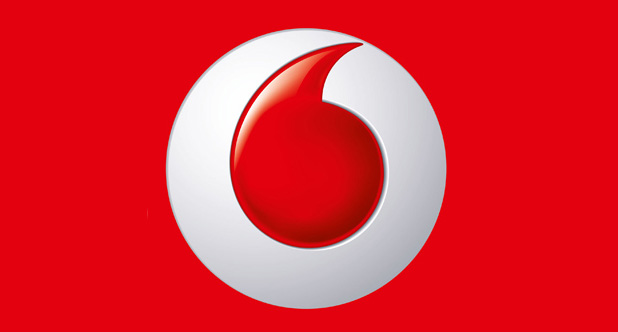

Vodafone has revealed the extent of government snooping on citizens’ mobile phone calls, originating not just from the British government, but from 29 other nations.
The mobile operator has been threatening to publish the number and type of surveillance requests it receives from all governments for a while now.
Vodafone revealed that various governments have ‘secret wires’ tapped into Vodafone’s infrastructure in the 29 markets it operates in, in order to allow government agencies to eavesdrop on all conversations on its networks.
Vodafone has just published a lengthy Law Enforcement Disclosure Report which totals 147 pages, and reveals how various governments monitor the conversations and whereabouts of people.
The report provides a country-by country analysis, detailing which countries make snooping requests, and which countries make it a legal requirement to enable surveillance.
“Our customers have a right to privacy which is enshrined in international human rights law and standards and enacted through national laws. Respecting that right is one of our highest priorities: it is integral to the Vodafone Code of Conduct which everyone who works for us has to follow at all times,” said the operator.
“However, in every country in which we operate, we have to abide by the laws of those countries which require us to disclose information about our customers to law enforcement agencies or other government authorities, or to block or restrict access to certain services,” it said.
“Refusal to comply with a country’s laws is not an option,” Vodafone revealed. “If we do not comply with a lawful demand for assistance, governments can remove our licence to operate, preventing us from providing services to our customers.”
Perhaps surprising is the fact the UK is fairly open about its snooping requests. The company has received 2,760 warrants for the content of calls and messages, according to a breakdown of the report in the Guardian newspaper. In Ireland, the telco received 4,124 metadata requests.
The report also revealed that in certain countries (Albania, Egypt, Hungary, India, Malta, Qatar, Romania, South Africa and Turkey), it actually goes against the law to disclose any information related to wiretapping or interception. It is also illegal in those countries to disclose whether such capabilities exist.
“For governments to access phone calls at the flick of a switch is unprecedented and terrifying,” the Liberty director, Shami Chakrabarti was quoted as saying by the newspaper. “[Edward] Snowden revealed the Internet was already treated as fair game. Bluster that all is well is wearing pretty thin – our analogue laws need a digital overhaul.”
“These are the nightmare scenarios that we were imagining,” Gus Hosein, executive director of Privacy International was quoted as saying by the Guardian. “I never thought the telcos would be so complicit. It’s a brave step by Vodafone and hopefully the other telcos will become more brave with disclosure, but what we need is for them to be braver about fighting back against the illegal requests and the laws themselves.”
In January, Vodafone demanded the right to publish information about government snooping requests. It wrote to 24 governments to ask for more freedom to disclose such data. Operators and telecommunications firms have previously been threatened with legal action over their ‘GCHQ collusion’.
What do you know about Edward Snowden and the NSA? Find out with our quiz!
Deliveries of Telsa's 'bulletproof' Cybertruck are reportedly on hold, amid user complaints side trims are…
New feature reportedly being developed by Apple for iOS 19, that will allow AirPods to…
Binance BNB token rises after WSJ report the Trump family is in talks to secure…
After failed Amazon deal, iRobot warns there is “substantial doubt about the Company's ability to…
Community Notes testing across Facebook, Instagram and Threads to begin next week in US, using…
View Comments
If all these Internet and Phone Companies were interested in their clients privacy they would supply all their customers with free encryption software, or use an encryption service to protect information travelling of its services, they can do this, but they have not got the guts to do so, as they are frightened that Governments will withdraw licences for them to operate in the Country, if all the Internet and phone companies introduced this system then the Government could not ban them all, if they did that their would be a public revolt, as no country could do without any phone or internet services, it is that simple, but non of these Internet or phone companies has the BALLS to do this, they are all just PISSING in the wind, playing the victim, and trying to convince its customers that this is not their fault, without making a proper and genuine effort to do anything.
Where is my last two comments, is this just another Censored Propaganda Business Gutter News Paper.